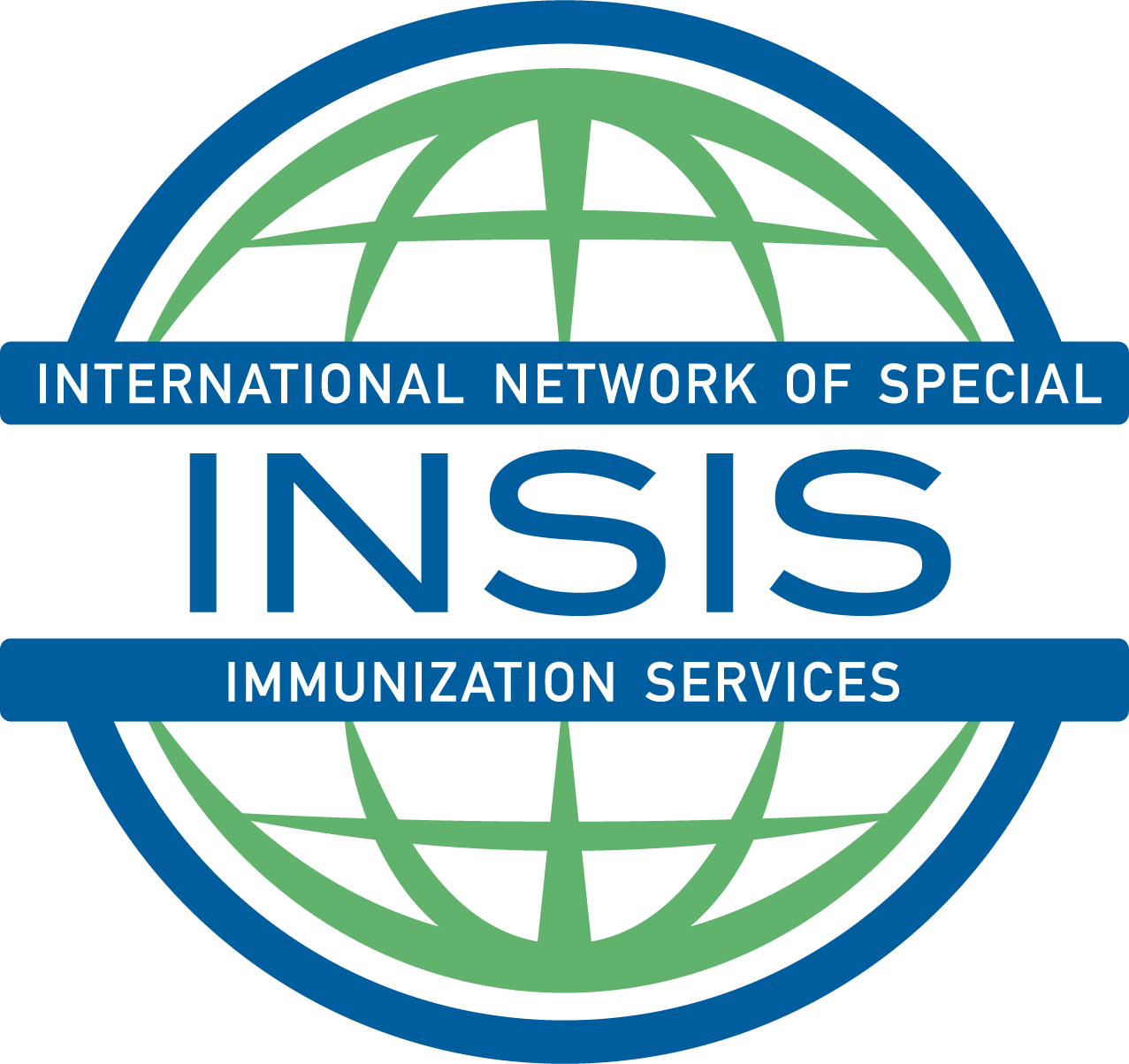
PARTNERS
-

Special Immunization Clinic Network
The SIC Network was established in 2013 by infectious disease specialists and allergy immunologists in 12 sites across Canada. The network aims to standardize and improve the management of patients with clinically significant AEFIs. The network expanded in 2020-2021 to add adult expert specialists and additional sites to improve access for adults with AEFIs following COVID-19 vaccination.
-

Brighton Collaboration
Brighton Collaboration was formed in 2000 to help advance vaccine safety science, starting with the development of standardized case definitions for AEFIs. With over 1000 members globally, Brighton Collaboration is a well-recognized name in vaccine safety. The organization enhances the science of vaccine research by providing standardized, validated, and objective methods for monitoring safety profiles and benefit-to-risk ratios of vaccines.
Global Vaccine Data Network (GVDN)
Based at the University of Auckland (New Zealand) GVDN has health data capabilities for safety evaluation in more than 25 countries. GVDN is a multinational, investigator-led research consortium with primary interests in the area of vaccine safety and effectiveness, aiming to facilitate collaborative studies of vaccine safety and effectiveness using health data from diverse populations in countries around the world.
Adverse Events Following Immunisation – Clinical Assessment Network (AEFI-CAN)
AEFI-CAN was established in Australia in 2013 to develop a consistent and robust approach to severe adverse events following immunization. This involves creating standardized clinical protocols and facilitating uniform clinical follow-up through a national database, with the INSIS: AEFI-CAN collaborations led by SAEFVIC (the Victorian vaccine safety service) team, based in Melbourne.
The Vanderbilt Vaccine Research Program (VVRP)
The VVRP was formed in 2001 to conduct clinical and translational research in new vaccines and therapeutics. The VVRP also serves as the coordinating center for the CDC-funded Clinical Immunization Safety Assessment (CISA) Project, addressing vaccine safety issues, conducting clinical research focused on vaccine safety, and assessing complex clinical adverse events following vaccination.
Precision Vaccines Program (PVP)
The PVP fosters international collaboration among academia, government, and industry to employ advanced technologies to discover and develop vaccines tailored to protect vulnerable populations such as the very young and the elderly. Program members have expertise in vaccinology, clinical trials, immunology, molecular biology, administration, data management, biostatistics, bioinformatics, and systems biology.
Mayo Vaccine Research Group
The Mayo Vaccine Research Group works to improve the health of individuals throughout the world by addressing challenges posed by infectious diseases and bioterrorism through clinical, laboratory, and epidemiologic vaccine research. It seeks to improve the health of populations through clinical, laboratory, and epidemiological vaccine research investigating the immunogenetics and systems biology of vaccine responses.
Canadian Pharmacogenomics Network for Drug Safety (CPNDS)
CPNDS is an active surveillance network of 32 academic health centers across Canada to identify novel predictive genomic markers of severe adverse drug reactions (ADRs) in children and adults. The CPNDS laboratory specializes in pharmacogenomic analysis platforms and next-generation DNA sequencing, supported by bioinformatics and functional and pharmacokinetic validation platforms.
Canadian Center for Vaccinology (CCfV)
CCfV was established to develop, implement, and evaluate vaccine technologies and vaccines for infectious diseases that have a significant impact on Canadian and global health. Consisting of Discovery, Evaluation, and Programs, Policy & Implementation working groups, CCfV represents a broad range of interdisciplinary vaccine research spanning from initial discovery to public health policy.
Dalhousie University
Dalhousie University is a vibrant hub with regional, national and global impact, recognized for the outstanding quality of its research and innovation. In its more than 190 undergraduate and graduate programs across 13 faculties, Dalhousie provides a unique, interactive, and collaborative environment for creating and sharing knowledge, supported by research funding from governments, industry, and nongovernmental organizations.
University of Alberta (U of A)
The University of Alberta is a catalyst in creating incredible growth in research — accelerating data and discoveries with the promise to solve some of the most pervasive healthcare problems of our time. With some of the most advanced research facilities and resources in the world, helmed by renowned researchers, the U of A is one of the top research-based universities in Canada and is a leader in knowledge creation, inspiring solutions to complex challenges of local, provincial, national, and global importance through creativity, research, innovation, and higher education
African Leadership in Vaccinology Expertise (ALIVE)
The Wits ALIVE is a vaccinology flagship programme of the University of the Witwatersrand addressing the need for increasing vaccinology research capacity in the African region and will offer new opportunities for authoritative global research leadership. ALIVE is a university-wide partnership of internationally recognised scientists with a breadth of expertise across the discipline of vaccinology and over time will integrate both Wits and external scientists with an emerging interest in this field. ALIVE’s mission is to create African leadership in vaccinology research and advocacy to significantly reduce vaccine preventable diseases.
Clinical Immunology and Vaccinology Research Group, "Bambino Gesù" Children's Hospital
Based in Rome at the "Bambino Gesù" Children's Hospital, one of the largest European pediatric hospitals; the Clinical Immunology and Vaccinology Research Group promotes international research collaborations to identify tailored vaccine interventions for groups of patients with special vaccination needs through system immunology studies. The Group aspires to improve the immunogenicity and safety of vaccines in patients affected by chronic diseases, including, newborns and preterm infants. Research group members have expertise in clinical and basic immunology, vaccinology, clinical trials, molecular biology, data management, biostatistics, bioinformatics, and systems biology.












